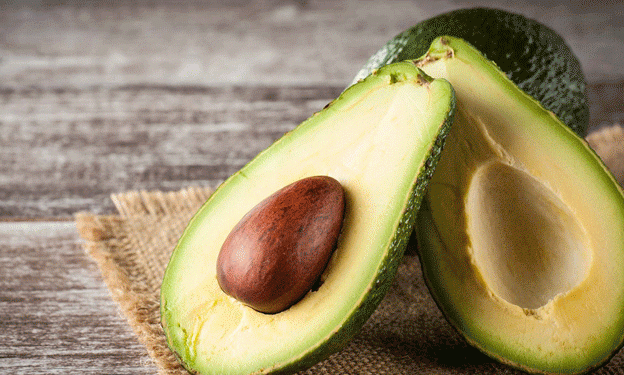The global avocado market has seen exponential growth over the past decade, driven by rising consumer demand for this nutrient-rich fruit. However, the industry is not without its challenges. The recent El Niño weather phenomenon has had a profound impact, affecting approximately 90% of the world’s avocado-growing regions. This climatic event has brought unpredictable weather patterns, including droughts and excessive rainfall, which have posed significant risks to avocado production, especially in regions heavily dependent on stable weather conditions.
Despite these challenges, the avocado industry has shown remarkable resilience. Countries in Africa, particularly South Africa, have reported strong harvests, showcasing the adaptability of their agricultural practices. These nations are not only increasing production to meet local demand but are also expanding into new international markets. This strategic move is crucial as global demand continues to rise, with the United States remaining the largest consumer, followed by Europe. Emerging markets in Asia, particularly Japan, China, South Korea, and India, are also showing a growing appetite for avocados.
As the world transitions from El Niño to La Niña, there is optimism that improved weather conditions will bolster production in key regions such as Peru and various African countries. These favorable conditions are expected to lead to a more stable supply, potentially easing the pressure on global markets. African countries are particularly poised to benefit, with increased production capacity and the opening of new markets, including in Asia.
The World Avocado Organization (WAO) has played a pivotal role in navigating the challenges posed by environmental concerns and market dynamics. The organization has been proactive in addressing negative environmental propaganda through campaigns that debunk myths and highlight sustainable practices within the industry. This has been particularly important in countering the narrative that avocado farming is inherently harmful to the environment.
In India, the WAO has been actively promoting avocado consumption, tapping into a market with enormous growth potential. India primarily sources its avocados from African countries such as Tanzania, Kenya, and South Africa, creating a symbiotic relationship that benefits both producers and consumers. Meanwhile, Latin American countries, led by Mexico, remain significant players in the global avocado market, with Colombia emerging as a growing contributor to global supply.































